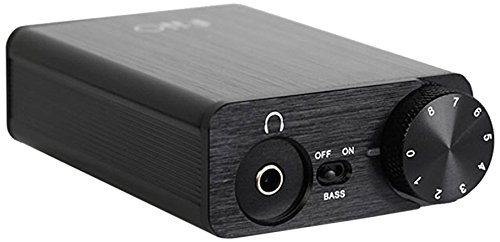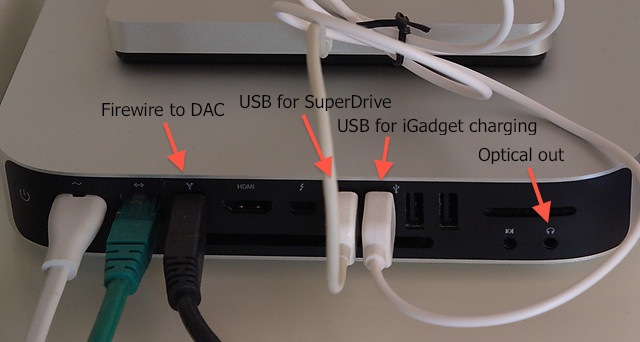

The DacMagic XS is rated at 2V, but actually gets louder than both of its AudioQuest competitors, offering 54 discrete volume levels and its own built-in controls. Here are the differences: the cheaper DragonFly has a lower 1.2V output and is thus suitable for most, but not all headphones its beefier sibling has a better DAC chip inside it and reaches 2.1V to be able to drive even true audiophile headphones like the 300-Ohm Sennheiser HD800 S. I'm in love with the sound of all three and have no reservations in recommending them. In price order, a black DragonFly costs $99, a DacMagic XS costs $120, and a red DragonFly tops the list at $199.


Both are also surprisingly powerful headphone amps, upgrading the quantity of your laptop or desktop's sound as well as its quality.ĭon't buy expensive headphones without buying one of these to go with them What do they do? Well, both serve as a digital-to-analog converter, turning the 1s and 0s of digital music into the electrical signal headphones need to play music. I've been testing two of the most endearingly compact USB audio enhancers on the market: the Cambridge Audio DacMagic XS and the AudioQuest DragonFly.
#Best usb dac for mac Pc#
But if you buy a pair of high-end headphones to listen to, say, your HTC 10, that poses an additional challenge: what's to be done about the PC or Mac you already own that doesn't sound as good? The answer isn't free, but it's worth every cent: you buy a USB sound card.
#Best usb dac for mac portable#
Recent times have seen a revival in audio appreciation, however, especially among phone manufacturers who are starting to put sincere effort into crafting great portable music players. Some people think we're used to terrible music because of the compressed MP3 format, but I reckon it has a lot more to do with the sources from which we listen. With that being the case, it's no surprise that most of us have grown habituated to so-so Realtek audio chips spliced into motherboards like an unimportant afterthought. To appreciate it, you have to immerse yourself in it, give it time to reveal itself and to reward you. Great audio is hard to sell because it doesn't lend itself to benchmarking or obvious prettiness like, say, a better graphics card might. For most PC and mobile device makers, sound is a binary spec.


 0 kommentar(er)
0 kommentar(er)
